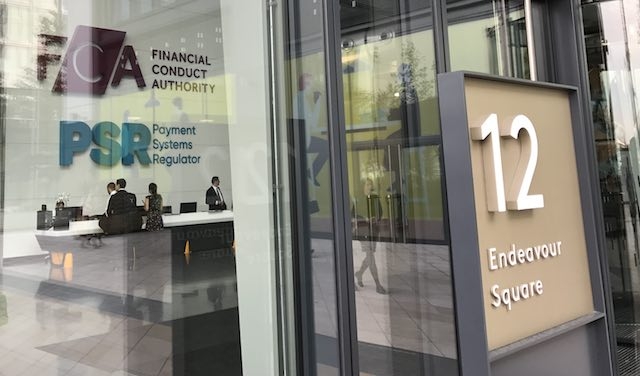
FCA issues warning over cloned Planner firm

Leicester-based Financial Planning firm Trust Financial Planning has become the latest to be hit by clone scammers producing a fake replica of the firm's website.
The Financial Conduct Authority has issued a warning that scammers are using Trust’s details to try to lure potential victims to a fake site.
The scammers have been cloning Trust since March.
The regulator said the clone is not authorised or registered but has been targeting people in the UK, claiming to be an authorised firm.
Scammers have been using Trust’s firm reference number and contacting people to sell high-risk CFD investments.
Victims of the scam have posted online reviews saying that they have been conned into placing a deposit on an online trading platform but it is impossible to then withdraw money.
Some of these reviews have been posted against the firm’s genuine details on review sites and search engines such as Yell and Google.
The FCA added that fraudsters using clone websites usually cold call and use the name and firm reference number of the genuine firm.
The genuine Trust Financial Planning (FRN: 407457) is run by New Zealand-born Daniel Brittenden and has been trading since 2004. The firm specialises in insurance, mortgages and home finance, equity release, and credit broking.
It has been placed under restrictions for asset retention since November 2020, with the FCA barring the firm from disposing of, withdrawing, transferring or diminishing the value of its own assets or any assets it holds for clients. The restriction does not apply to transactions initiated by clients.
The firm has two advisers registered with the regulator including Mr Brittenden and an equity release and mortgage adviser.
Scammers who have cloned the firm have been using the websites www.trust-financial-planning.com, www.trustfinancial-planning.com, www.trust-financial-planning.com and a combination of UK and overseas-based telephone numbers.
Several Financial Planning firms have been cloned by scammers in recent years including Boosst.
The FCA itself also warned last month that scammers were using bogus emails, letters and phone calls purporting to be from the FCA to target authorised firms and consumers.
